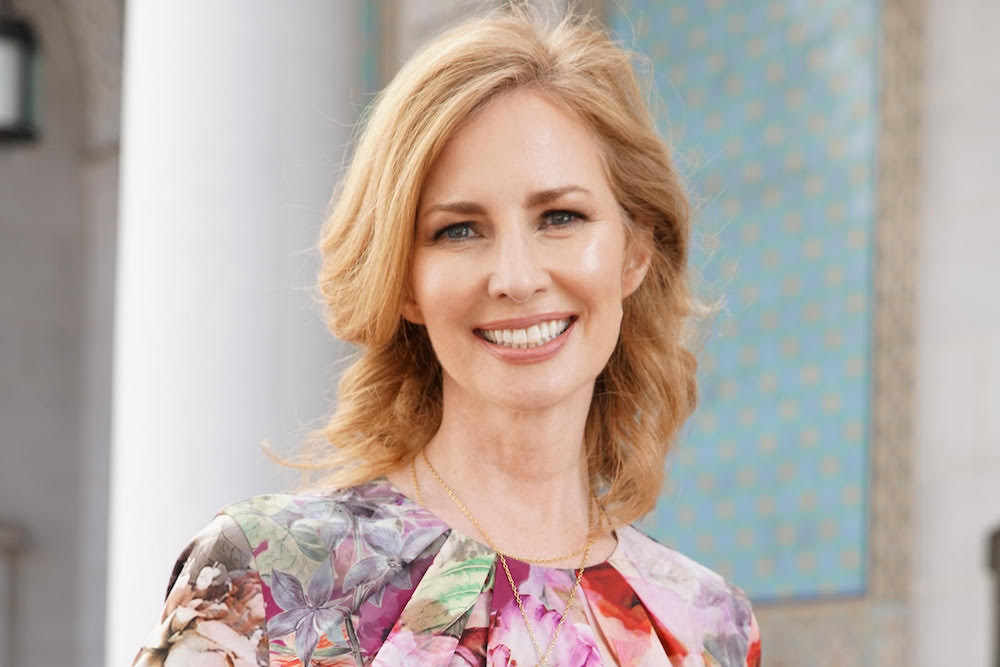
Sarah Dusseault is chair of the Los Angeles Homeless Services Authority Commission Ad Hoc Committee on Governance Reform. Before participating in “What Will It Take to End Homelessness in L.A.?,” a Zócalo/United Way event co-presented with the Committee for Greater Los Angeles, she called into the green room to talk about axolotls, her favorite class in college, and being the eighth child in her family.
What’s the best gift you’ve ever received?
My two children. They’re both adopted. They’re 14 and 17.
Did you all try out any new hobbies in COVID?
We tried everything—not that we did well at any of it. But we tried pasta making. We tried baking. What we thought was the funnest was we’d often do a trivia game during dinner using these little note cards on odd facts, like, insects.
What’s your favorite odd fact of the moment?
I don’t know if it’s an odd fact, but often we would learn about unique animals. And so we learned about this kind-of-salamander, kind-of-goldfish: an axolotl. It looks like an anime character. But it’s not a fish; it’s an amphibian, called the Mexican walking fish.

What’s the last book you read that you couldn’t put down?
View with a Grain of Sand by Wisława Szymborska. Her poems are often about moments in time—around World War II, around the time of the Cold War, different poignant moments, and yet they’re so relatable to this moment. And I love her sense of humor. She has such a great sense of humor about the darkest of things.
You have 10 siblings. What qualities do you think you picked up as the eighth child?
I have a high tolerance for needing to be adaptable. And compromise.
What was one of the best classes you took as a student?
It was a mash-up of race and poverty that went into this book that’s been updated a million different times called The Undeserving Poor [by Michael B. Katz]. And it just really struck me how, in periods of history, there were poor prisons, and your only crime was being poor. There’s this underlying feeling of if you’re poor in America, it’s because you’ve done something to deserve that. That is very real here, and it does not exist in all countries. And that was a real awakening and just something I think about pretty often.
What was the last thing that inspired you?
I am really inspired by Shawn [Pleasants], who’s going to be one of the speakers [on today’s panel]. I recently had an opportunity to hear him speak. A lot of the work around homelessness, you can start to feel pretty bogged down, but hearing Shawn’s story was pretty inspiring.



